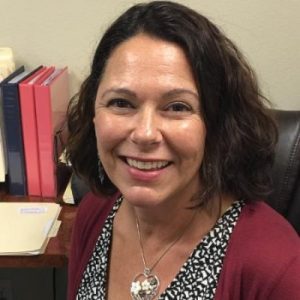
5 Questions you need to ask when extra reading help is offered at school
Many students require extra help in reading. When evaluating remedial reading programs for your child, be aware that not all programs are effective and many can be a waste of time. I made a list of 5 important questions to ask before enrolling your child in this extra reading help.
1. Will the reading help my child receives be provided by a trained teacher, paraprofessional or a parent volunteer?
In many schools parents are trained to work as parent volunteers and aids to help the students who are struggling. If your child has been diagnosed with a learning disability, or you suspect a more severe issue than the school is acknowledging, then you will probably want to decline any reading help that is not from a highly trained reading therapist or reading specialist. A child with true learning difficulties will need instruction delivered by an experienced expert using an effective method for sufficient time for the child to catch up to grade level.
2. What specific reading help will my child be receiving?
A child with a reading disability will need a multisensory, systematic, very structured and cumulative reading program with direct and explicit instruction in phonemic awareness and followed by synthetic and analytic phonics with lots of repetition and practice. It will need to integrate the teaching of listening, speaking, reading, spelling, vocabulary, fluency, handwriting, and written expression. Also, remedial programs differ from “mainstream” programs in the extent to which phonology and language structure are explicitly taught. For best results, avoid reading help that teaches your child the material in the same way he or she was taught the first time around. That didn’t work. Also avoid programs that allow too many kids in the group. The idea is that your child needs more individualized attention.
3. What kind of training in this reading help does the teacher delivering the instructions have?
Although the choice of reading program is important, the expertise and training of the teacher are even more critical. Attendance at a 2 day workshop is probably enough to gain an overview of an approach, but to be truly competent at using this approach, a teacher or therapist should have completed at least 20 – 30 hours of training as well as plenty of experience teaching the program.
4. What will my child miss in the classroom while he gets this reading help?
Being pulled out of class can be challenging for students, especially in the middle school years, since they might have to make up material that they miss in class and might receive lower grades in subjects in which they normally do well.
5. Can I come and watch a session?
Check out the teacher, the program and the other students. See if this is the right fit for your child and if the reading help is working and delivering results.
Learn more about the New PRIDE Reading Program
___________________________________________________________________________________________________________________________________

Karina Richland, M.A. is the Founder and Director of PRIDE Learning Centers, located in Southern California. Ms. Richland is a certified reading and learning disability specialist. Ms. Richland speaks frequently to parents, teachers, and professionals on learning differences, and writes for several journals and publications. You can visit the PRIDE Learning Center website at: www.pridelearningcenter.com
